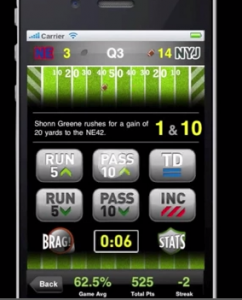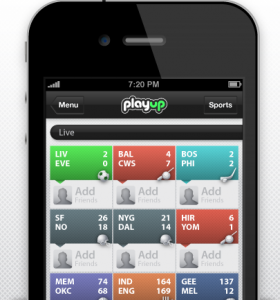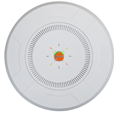There’s no such thing as a free lunch, and now there’s no such thing as free access to the NCAA Men’s basketball tournament for mobile devices. According to an extremely unclear press release and FAQ released today, it appears you will have to pay $3.99 for access to the games via the March Madness application, whether you are using it on a PC or on a mobile platform, including Apple iPhones and iPads as well as Android-based devices.
Since it’s early and we haven’t had coffee yet this post might have later corrections but for right now here’s how it apparently breaks down: If you want to watch the games for free you have to go to the broadcasters websites. According to the press release you won’t be charged for the Turner-broadcast games if you can validate that you have a cable TV plan that includes the Turner Networks TBS, TNT and truTV. We are guessing that most people with a standards sports cable package will be covered, but you might need to check your plan. And right now there is no info on how that validation will happen. CBS says it will show all its broadcast games on CBSSports.com for free.
But if you want to use a mobile device to watch games online via the March Madness application, which includes a lot of bracket info and other goodies, the free lunch is over. It’ll cost you a one-time fee of $3.99, after which you will get a logon to use over any other device or platform you want. Apparently there is some messiness involved with using Android devices, and I am sure this won’t be the last post we do on the subject since the press release and FAQ look like they were also written without coffee or at least a decent proofreader.
If you want to try to avoid the $3.99 fee there is apparently some promotion coming next week involving Coke Zero where they will grant some folks free access, probably for surrendering your email address and your first-born child. Our quick prediction is that this news will cause howls of pain from the general hoops-loving public, who will start to wonder about government inquiries into the NCAA and its business practices. Maybe it’s time for coffee. And a search through the couch cushions for $3.99.









